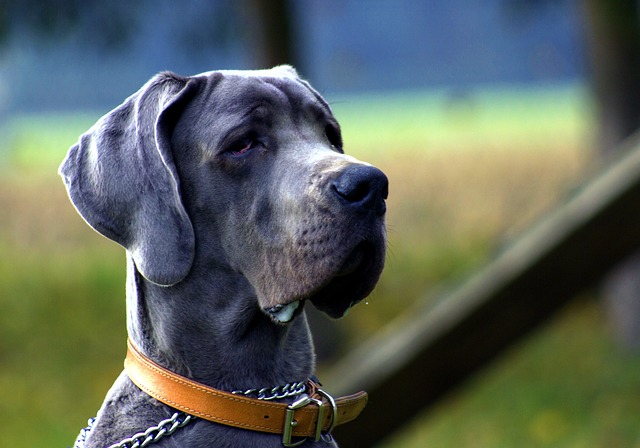Dog Health
How to take care of an elderly dog? See some important tips
admin • 15 Jun 2023

As time goes by, it is necessary to know well how to take care of an elderly dog. After all, it is during this time that the health of the little animal becomes more fragile and susceptible to various problems. In that sense, some measures are important for maintaining your four-legged friend's quality of life.
Unfortunately, some tutors are still not well informed about the necessary care for domestic animals. That's why We created this article on certain essential measures to ensure the health and well-being of your senior dog. Then follow the content below!
What is the best way to determine how old my dog is?
The different sizes and breeds of dogs present a great variation in calculating the age of the dog. Thus, small and medium-sized animals have greater longevity than large and giant animals. However, a dog is usually considered elderly between the 7th and 8th years of life.
An elderly dog has some habits
During this dog's life cycle, it is common for him to change some things during his old age. Soon, it's common for them to eat less than usual, sleep more and have difficulty practicing exercises that were simple before. Certain physical changes are also observed, for example, the change to a dull and greyish coat.
A senior dog sleeps how many hours a day?
Just like us humans, animals also need to rest after an ordinary day. Generally, an adult puppy sleeps between 12 and 14 hours, however, in the case of elderly dogs, they have a longer period of sleep that can last from 14 to 18 hours. So, don't make too much noise and let your pet sleep at ease, even more so during old age.
What to feed an elderly dog to eat?
Good nutrition is crucial to ensure your pet's good health, even more so when you want to know how to care for an elderly dog. Therefore, taking into account that your puppy's physical condition is weakened during this phase of life, you must understand that older animals have different nutritional needs compared to younger ones. In this sense, we have listed some of the foods that you can offer your elderly dog:
Dry or wet food suitable for elderly dogs;
Greens, vegetables, fruits, cereals, and boiled egg;
Low-fat meats, chicken, fish;
Remember that all-natural foods cannot be seasoned.
Give your pet a quality senior dog food
At any stage of life, it is very important that you give your dog a high-quality dog food. After all, if your friend is not fed correctly, it is possible that he will develop obesity and diabetes problems. In the case of elderly dogs, it is important that they are given food suitable for this stage of life that is free of dyes, with a high amount of protein and omega 3.
Before changing your pet's diet, consult a veterinarian
Do not make any changes to your pet's diet without first consulting a veterinarian. Especially because only a professional in the field is able to make such a change in your dog's daily meal. In any case, make it a habit to take your friend to the doctor between 6 months and 1 year, and this time may be shortened due to advanced age.
Vitamin for elderly dogs: know what they are and their benefits
Only after the indication of a professional can you offer supplements to your beloved pet. With this in mind, it is interesting to understand the function of each of the various vitamin options in the animal's body. Therefore, we list the benefits of some of them, see:
Vitamin A: very good for the health of the pet's eyes, being indicated for dogs that are susceptible to eye diseases;
B complex vitamins: these vitamins are responsible for improving cell reproduction, metabolism, and the dog's nervous system;
Vitamin D: contributes to blood clotting and muscle development of the animal;
Vitamin E: prevents the dog from aging and muscle problems;
Omega 3 and 6: Strengthen the pet's immune system and increase its energy
Calcium: helps strengthen bones, preventing the pet from various bone diseases.
Encourage regular physical exercise in your senior dog
It's important to promote your senior dog's exercise practice. This makes the dog spend energy, stimulating blood circulation and preventing a sedentary lifestyle. However, even if he can't exercise like he used to, opt for short walks and quiet games. Even so, it is important to mention the need to respect the dog's physical limits, avoiding any unusual effort.
Elderly dog with difficulty getting up and walking: what could it be?
Understanding better how to care for an elderly dog is essential, especially when the little animal is having locomotion problems. In cases like this, the veterinarian may suspect problems such as hip dysplasia, osteoarthritis, or some other bone disease. However, in cases of such symptoms, take your dog to a trusted veterinary clinic so that your pet receives professional guidance.